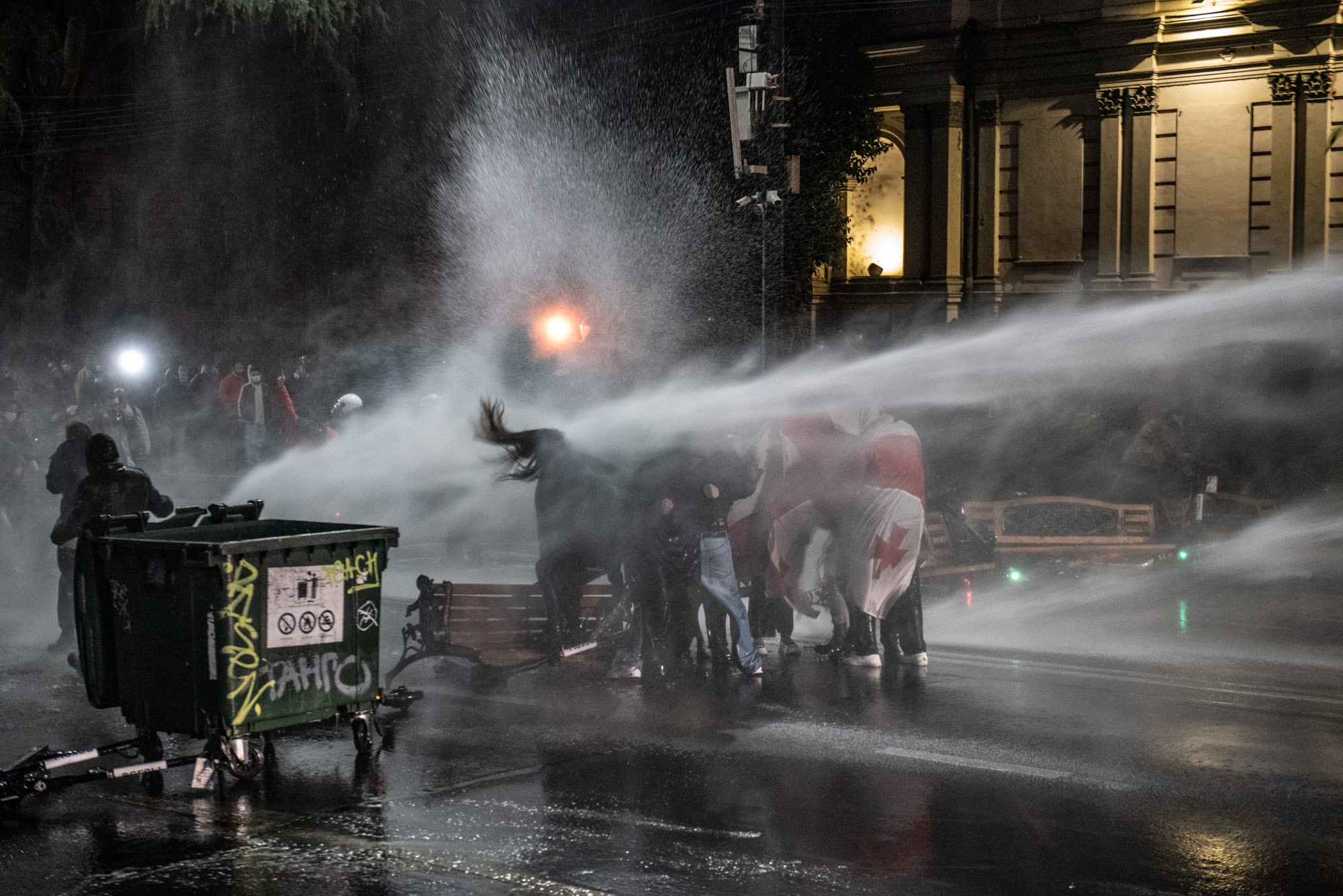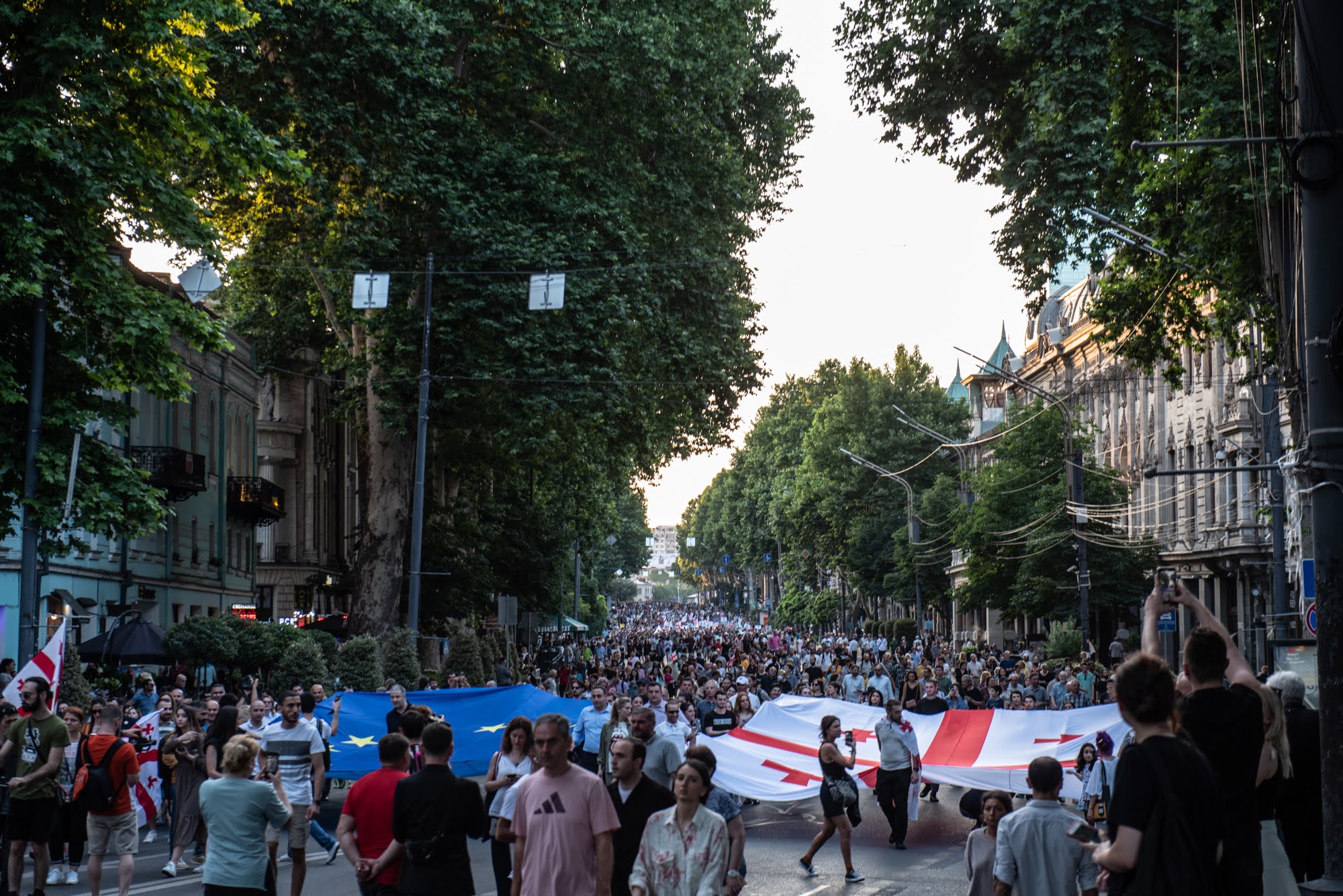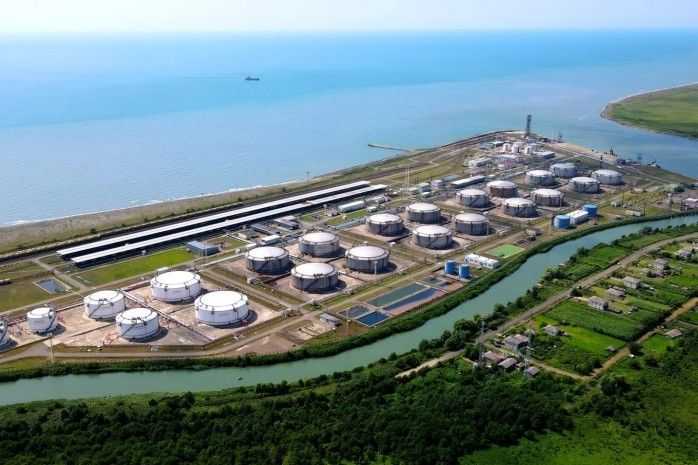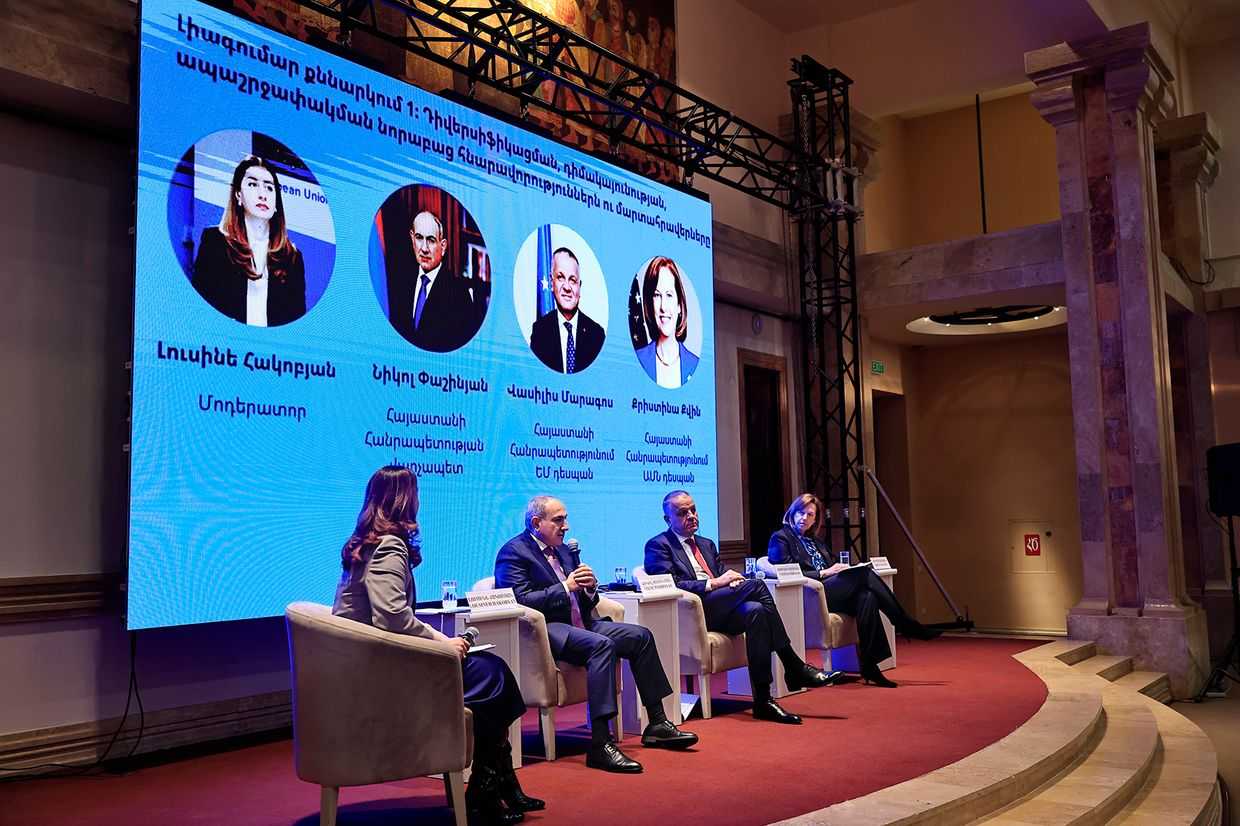
Allies of the ruling Georgian Dream Party are to submit a bill banning queer ‘propaganda’, following a campaign by Georgian Dream leaders demonising queer people.
On Tuesday, Pridon Injia, the leader of the pro-government party the European Socialists, announced they would submit the legislation to parliament later in the week.
He said he was responding to the demands voiced at a demonstration on 30 April led by another government ally, singer Gia ‘Utsnobi’ Gachechiladze.
Georgian Dream has also been quick to express support for such a law.
Mamuka Mdinaradze, the party’s parliamentary leader, warned that queer ‘propaganda’ could ‘dramatically increase the number of representatives of a particular group’. He was responding to a story run by the pro-government TV channel Imedi about the increasing number of people identifying as queer in the US.
‘This issue has become very relevant in the modern world’, he said.
Details of the legislation have yet to be made public. However, the move echoes a Russian queer propaganda law passed in 2013.
The move also comes soon after the ruling party was forced to make a U-turn on a planned foreign agent law, which also bore a striking similarity to Russian legislation used to crush civil society and the media in Russia.
Since the government was forced to step back, pro-government media have attempted to discredit protesters against the bill, including by alluding to the sexuality of one of the protesters currently on trial.

Georgian Dream chair Irakli Kobakhidze also took up the same narrative, saying of Lazare Grigoriadis that ‘all [his] orientations are messed up’.
A deliberate snub to the EU?
The EU had made clear that the passage of the foreign agent law would be incompatible with the country’s membership bid, which enjoys overwhelming public support.
The queer propaganda law is likely to also face resistance from Brussels.
In 2017, Russia’s queer propaganda law was found by the European Court of Human Rights to be discriminatory and in breach of the European Convention on Human Rights. A 2013 report by the Council of Europe’s Venice Commission also stated that as the law outlawed only ‘homosexual propaganda’ and not ‘heterosexual propaganda’, it was inherently discriminatory.
Despite Georgian Dream leaders insisting they are still committed to joining the EU, since the outbreak of the Russian invasion of Ukraine, they have frequently expressed hostility towards the EU and the West more broadly.
In June, the EU declined to grant Georgia candidate status, prompting massive protests in Tbilisi.

The EU instead gave the country 12 recommendations in order for their application to be reconsidered, including ‘moving swiftly to strengthen the rights of vulnerable groups’.
Other recommended reforms, including removing political interference in the judiciary, have also remained stalled. On 5 April, the US sanctioned four current and former Georgian judicial officials who are widely believed to be members of a pro-government ‘clan’ in the judiciary.
Georgia has also declined to take part in ongoing US military drills across Europe. On Tuesday, Defence Minister Juansher Burchuladze justified the decision with the ‘logistical cost’ of taking part.
Georgian queer rights activist Giorgi Tabagari speculated that the queer propaganda law was a deliberate attempt to torpedo the country’s EU membership.
‘Even a small child knows that the Georgian dream of integration with the European Union continues to be sabotaged’, he said, warning of ‘hard weeks ahead’.
Despite increasingly homophobic rhetoric from Georgian Dream officials in recent years, especially following the reappointment of Irakli Gharibashvili as Prime Minister, the party once took a more tolerant approach.
In 2014 Georgian Dream adopted anti-discrimination legislation outlawing discrimination based on sexuality or gender identity.









